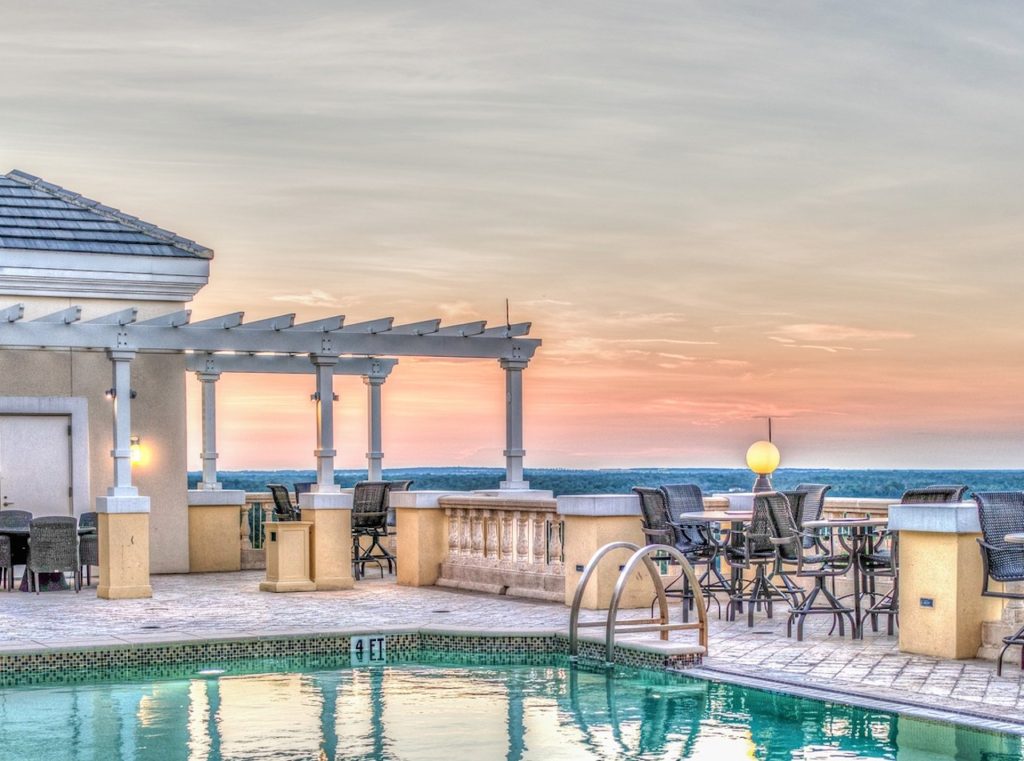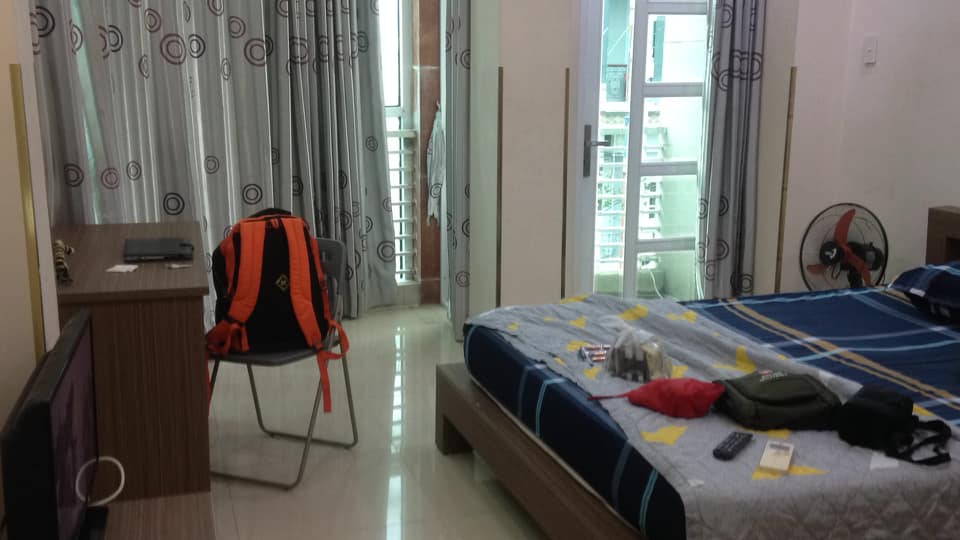
(TAN): At the beginning of February 2020, when most of the world still considered the coronavirus phenomenon as something that was happening in China, a Brazilian guy called Douglas messaged me on Couchsurfing with a request to stay at my home in Kolkata for a few days. I obliged.
Couchsurfing, in case you’re not aware, is a platform that lets travellers sleep on a local person’s spare “couch” and (till now) does not involve the exchange of money.
He came over a few days later. It was only while talking to him that evening that I realised he had flown in from China. Thankfully, he did not have any symptoms that were known to be associated with the novel coronavirus at that time, and I tried to assure my mind he didn’t carry the virus.
[ALSO READ: Sustainable Travel With Zac Efron- Why You Should Watch This Brand New Netflix Show]
Douglas was a nice guest, but after he left, I declined several more requests from travellers on the Couchsurfing platform, and in the end changed my status to “Not accepting guests”. The lockdowns began weeks later.
When I think of the sharing economy in terms of travel, the two platforms that immediately pop right up in my mind are Couchsurfing and Airbnb. Both these platforms have enabled budget travellers to have experiences and meet people they otherwise wouldn’t have. And all these at a reasonable price, and on occasions, free of cost.
Post COVID travel is going to be different. Speaking for myself, I don’t know when again I’ll be comfortable staying at a stranger’s place in a foreign country. Like me, I believe, a large section of people would trust big, resourceful hotels with safety measures more than Airbnbs, which are mostly run by private individuals who have an extra room in the house. And it works both ways. Hosts who run Airbnbs at their homes would be cautious about welcoming guests fearing that they might be carrying the virus.
[ALSO READ: Post COVID Travel- UNWTO To Chalk Out Tourism Reboot Plans]
I asked Kelly, who runs an Airbnb in Ho Chi Minh City, Vietnam, how her business was going. Kelly’s isn’t just a spare room though. She rents out a number of rooms on several floors of a building at a prime location in the city’s District 1.

“Business isn’t so good because the number of foreign tourists are down,” she said.
When I asked about health safety measures at her facility, she said, “I ask customers to take care of themselves by washing their hands with soap frequently. Government officials also conduct checks on guests at my place.”
Unlike Kelly, Soham has not been able to reopen his Airbnb in Kolkata, India.
Soham runs Calcutta Capsule, a company that operates a homestay, walking tours, and experiences.
“We closed around the first week of March. We are still closed,” he told me. “We are not open but we still get a few requests sometimes from foreigners stuck in Calcutta. At times from Indians travelling for work. But these are rare… perhaps one or two a month.”
[ALSO READ: Giorgio Armani, Chef Gino Sorbillo To Help Boost Tourism As Special Ambassadors]
Most of the guests at Soham’s Airbnb homestay, named Owl’s Nest, have been foreigners. Consequently, he doesn’t expect demand to pick up unless international flights resume.
But he runs Airbnb at his home. Is he scared he might have a guest who might expose him to the virus? “We are very scared. The homestay is at our ancestral home and we are a joint family. There are six senior members in the family and we are not confident about opening till the situation becomes safer.”
Big hotels, on the other hand, are reopening around the world, touting their strict safety measures and attractive discounts.
I believe post COVID travel would open up quicker for the upmarket tourist than the budget traveller. Even those who travel on a budget would spend some more to stay at high-end hotels, which they believe are taking enough measures to check the spread of the virus.

Many five star hotels across India saw reasonably good occupancy rates during the government’s Vande Bharat Mission, via which Indians stuck in various parts of the world were flown back. In Kolkata, while most upmarket hotels saw 35–40% occupancy during this period, at least three hotels saw occupancy of 75% and above in early July. Some corporate customers also added to the numbers, according to data shared by the hotels seen by this writer.
[ALSO READ: Cathay Pacific Sets Sustainability Target, To Cut Single-Use Plastic Footprint By 50%]
According to an industry source, now that the mission is on hold, the numbers are down to around 15% in Kolkata. My guess is, as soon as people start traveling — and it will happen soon enough — the occupancy rates of these hotels will increase significantly.
The pandemic has left the global tourism industry in a shambles. But all pandemics end, and so will this one. Post COVID travel will be a different ballgame for businesses in the sector, and upmarket hotels will have an edge — at least till a vaccine is widely made available.




